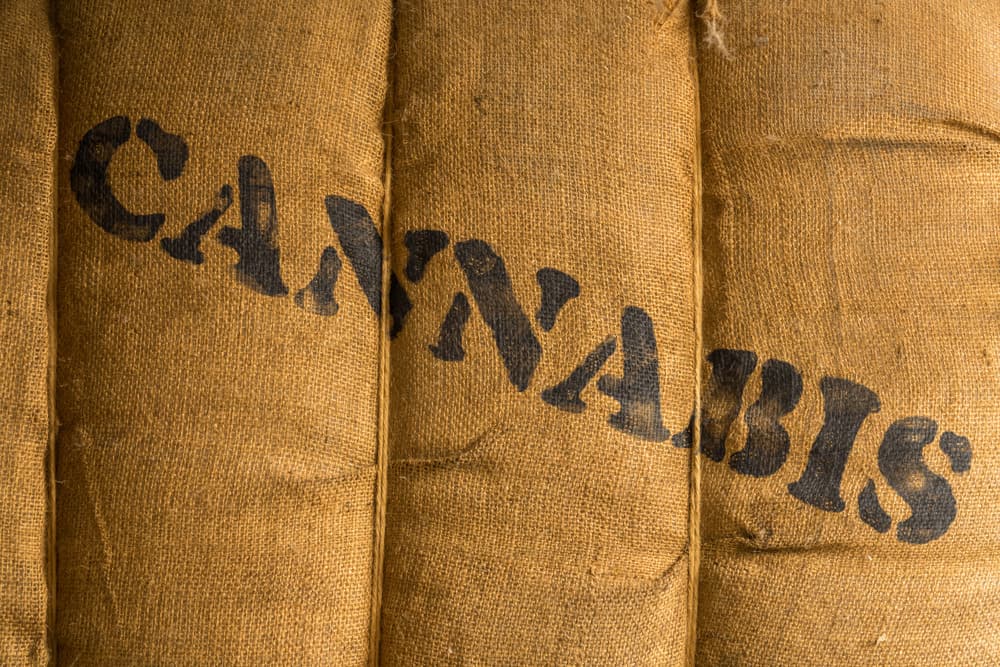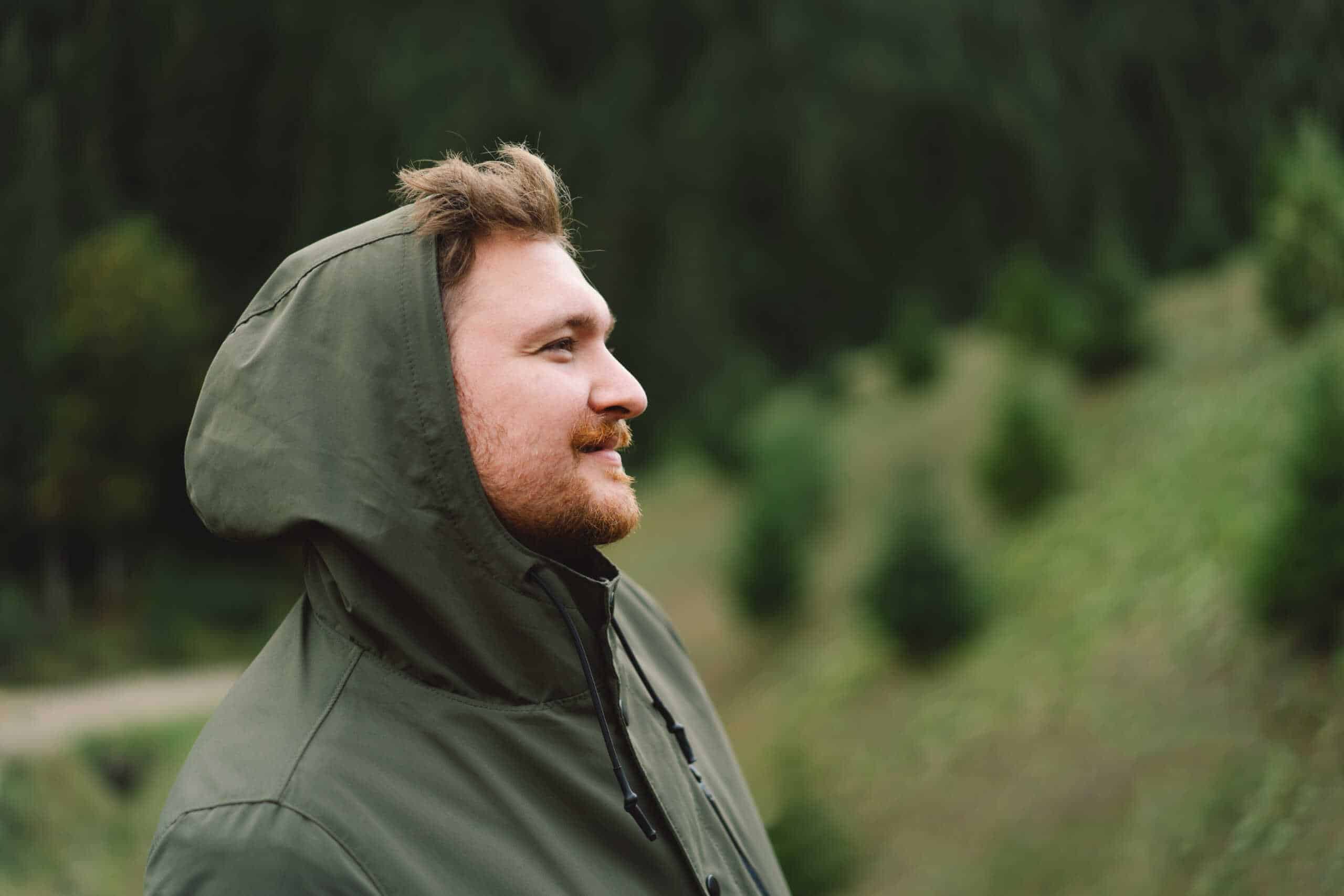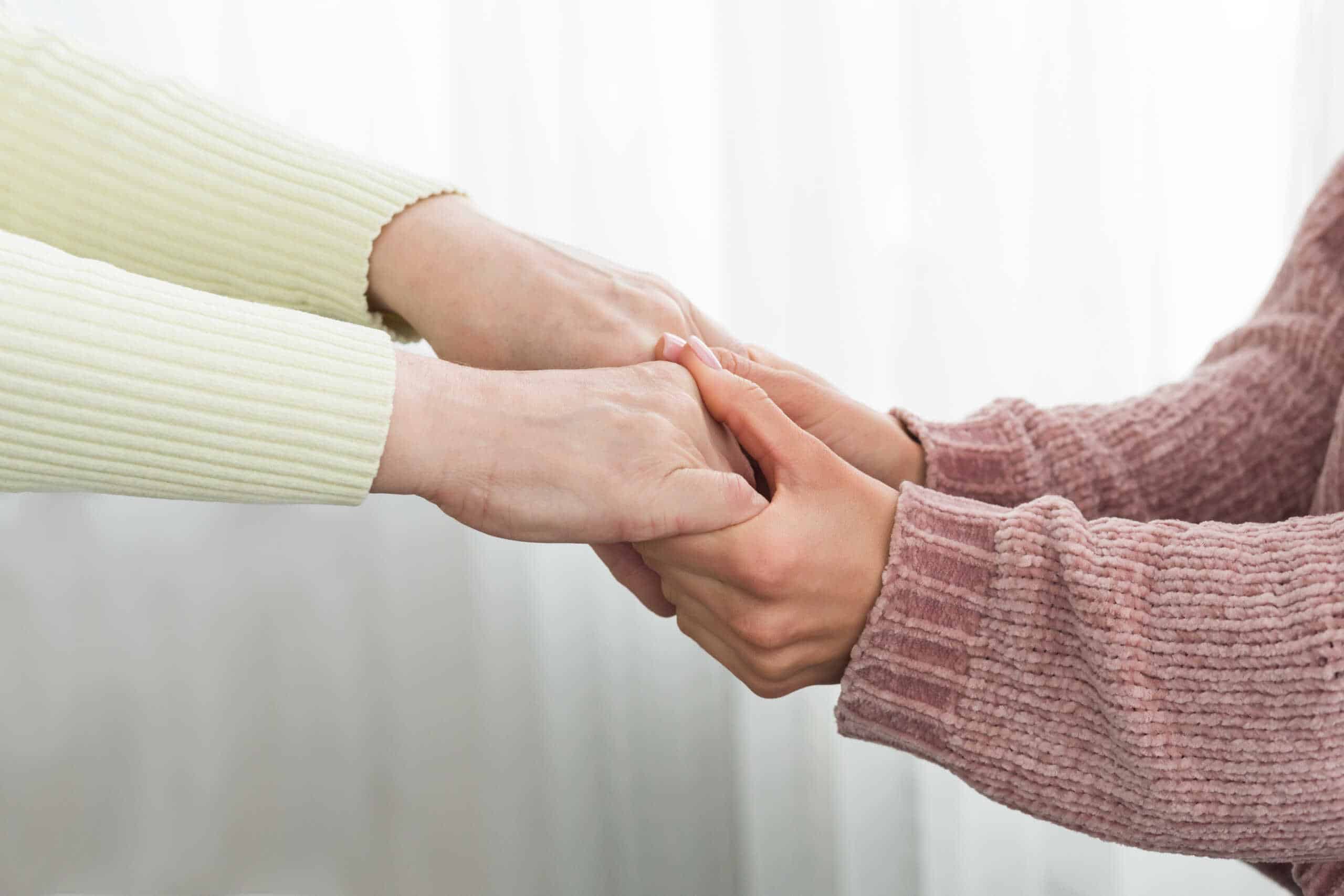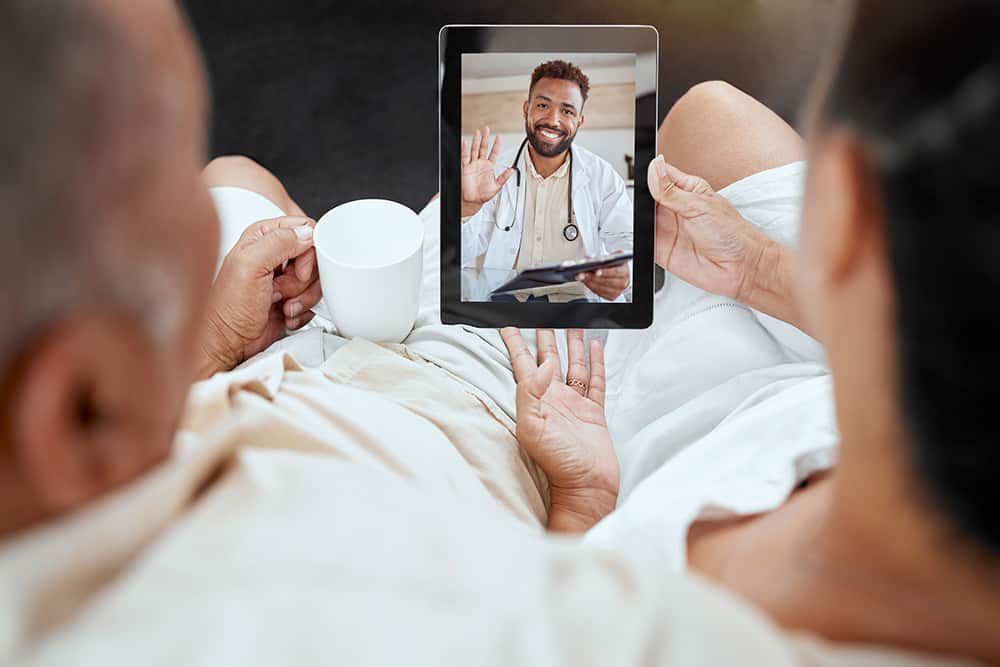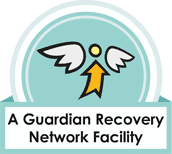In April, 2022, the state of New Jersey legalized the selling of recreational marijuana. The beginning of the recreational marijuana market came a week after Democratic Gov. Phil Murphy announced that “state regulators had cleared the way for recreational sales at seven ‘alternative treatment centers’ that had already offered medical cannabis,” according to an article published by Fortune. These seven treatment centers operate 13 facilities statewide. New Jersey is among 18 states with legalized recreational marijuana markets and is among 37 states that have officially legalized medical marijuana. Dispensaries are now able to sell up to 1 ounce of cannabis, which equates to an ounce of dried flower, 1,000 milligrams of edibles (like gummies — perishable items are unavailable), or 5 grams of concentrate.
While there are many inherent positives that go hand-in-hand with statewide marijuana legalization, many are left wondering what this means for those who might be struggling with marijuana addiction. While the economy will undeniably benefit from the recent legalization and drug-related crime rates are liable to decline, those with diagnosable marijuana use disorders will have significantly easier access to the substance. Marijuana use disorders remain somewhat controversial in and of themselves. Many individuals stand by the belief that marijuana is not habit-forming, and is otherwise safe to use. Those who have struggled with marijuana addiction firsthand or who have watched a loved one struggle with a marijuana use disorder will likely tell a different story.
If you or someone close to you has been misusing marijuana and has had a difficult time quitting or cutting back on their own, Princeton Detox & Recovery Center is available to help. We offer an integrated and individualized detox program in New Jersey, helping people of all ages begin their personal journeys of marijuana addiction recovery. To learn more about our New Jersey marijuana detox program, contact us today.
Journey to Legalization
What did the process of marijuana legalization look like from start to finish? The N.J. Cannabis Regulatory, Enforcement Assistance, and Marketplace Modernization Act (CREAMM) was set to go into effect in 2021, passed by 67 percent of New Jersey voters. However, the bill remained in a state of limbo until legalization was officially passed earlier this year. The CREAMM Act allows for the sale and possession of marijuana among New Jersey residents and visitors 21 years of age and older. There are a significant amount of rules and regulations surrounding the legal purchase of marijuana in New Jersey. The New Jersey Cannabis Regulatory Commission website lists the New Jersey Medicinal & Recreational Dispensaries at which an individual can legally purchase marijuana. It is not legal to privately grow and sell marijuana, nor is it legal to purchase marijuana from a street dealer. While it is acceptable to smoke or otherwise use marijuana on private property, landlords can legally prohibit use on their property. To learn more about New Jersey cannabis laws or to seek professional help for an existing marijuana use disorder, contact us today.
Possible Effects of Marijuana Legalization on Those With Marijuana Dependency
What does statewide legalization mean for those who are struggling with a marijuana use disorder? While some of the implications are obvious, like increased access to their substance of choice, other side effects of legalization may be inadvertently positive.
Potentially positive associations include:
- Increased Purity of Marijuana — Low-level street dealers are inclined to lace marijuana with other substances, including chemical-based hallucinogens like PCP and potentially lethal substances like fentanyl. Purchasing cannabis from a state-regulated dispensary means high purity levels and eliminates risk of overdose.
- Decreased potential for drug-related crimes and violence. The majority of drug-related crimes in New Jersey are directly linked to the illicit production and sale of chemical substances. Legalizing marijuana in other states has led to decreased rates of marijuana-related crime and violence.
- Increased access to treatment resources. Some individuals who would benefit from professional addiction treatment fail to seek help because they are afraid of being punished, both legally and otherwise. The legalization of marijuana means those with marijuana use disorders can openly seek the help they need without the fear of being incriminated.
If you or someone close to you has been struggling with a marijuana use disorder of any severity, there is help available. Contact us over the phone or directly through our website to learn more about marijuana addiction treatment services in New Jersey.
We Are Here For You
Let Us Help You Heal
Our Drug & Alcohol detoxification experience is second to none.
Learn how we can help by speaking with one of our Treatment Advisors today.
Marijuana Use Disorders
Marijuana is one of the most widely used chemical substances in the country. The 2020 National Survey on Drug Use and Health found that nearly 50 million Americans over the age of 12 used marijuana at least once over the course of the past month. Of these individuals, around 5.2 million currently suffer from a diagnosable marijuana use disorder.
The Centers for Disease Control and Prevention states, “Some people who have marijuana use disorder may need to use more and more marijuana or greater concentrations of marijuana over time to experience a “high.” The greater the amount of tetrahydrocannabinol (THC) in marijuana (in other words, the concentration or strength), the stronger the effects the marijuana may have on the brain. The amount of THC in marijuana has increased over the past few decades. In a study of cannabis research samples over time, the average delta-9 THC (the main form of THC in the cannabis plant) concentration almost doubled, from 9% in 2008 to 17% in 2017.” Despite the fact that marijuana distribution is now being regulated in New Jersey, the cannabis found in dispensaries is often potent, with high concentrations of THC. Just because you are purchasing a substance legally does not mean it is inherently safe to use.
Marijuana Use Disorder Signs & Symptoms
The Diagnostic and Statistical Manual of Mental Disorders, Fifth Edition (DSM-V) outlines a list of diagnostic criteria associated with marijuana use disorder. If you answer “yes” to two or more of the questions below, there is a good chance you would benefit immensely from some degree of professional treatment.
- Do you often use more marijuana than intended for longer periods of time than you intended?
- Have you attempted to quit on your own with little or no success?
- Do you spend a significant amount of time obtaining marijuana, using marijuana, and recovering from its effects?
- Have you started to forgo activities you previously enjoyed because of your marijuana use?
- Have you experienced strain in your interpersonal relationships (with friends and family members) as a result of your marijuana use?
- Have you experienced new or worsening physical or psychological symptoms or side effects linked to your marijuana use?
- Do you experience intense cravings for marijuana throughout the day?
- Have you been instructed to cut back on your marijuana use by a licensed medical professional?
- Are you having a hard time keeping up with your personal responsibilities and maintaining motivation because of your marijuana use?
- Have you built up a physical tolerance over time, meaning more marijuana is required in order for the desired effects to be achieved?
- Do you experience withdrawal symptoms when you stop using marijuana suddenly, like sluggishness, fatigue, and increased agitation and irritability?
Treatment Options for Marijuana Addiction in New Jersey
Many believe that because marijuana is less addictive than other substances, those with marijuana use disorders should be able to easily detox themselves in an at-home setting. In reality, attempting to withdraw from any chemical substance without the guidance and support of a team of professionals can prove dangerous, and is liable to result in a host of complications. Because marijuana is now easily accessible throughout the state of New Jersey, many individuals who attempt to detox in an at-home setting return to use before the detoxification process is over. Not only does detoxing in a designated setting allow you to undergo a comfortable withdrawal while preparing to take the next step in your recovery journey, but entering a detox program ensures a structured environment in which you will not have access to any substances.
Contact Us Today to Learn More
At Princeton Detox & Recovery Center we effectively treat substance use disorders and symptoms of drug and alcohol withdrawal while actively preparing our clients for the road ahead. Our New Jersey marijuana detox program combines around-the-clock medical care with evidence-based behavioral therapies and holistic methods of healing, providing clients with a solid foundation on which to build the remainder of their recovery. Clients work one-on-one with a therapist and case manager, who help them develop a personalized aftercare plan which includes an immediate transition into a higher level of care. Receiving help for a marijuana use disorder is as easy as reaching out. As soon as you make contact<s, you will be put in touch with a compassionate Treatment Advisor who will walk you through the remainder of our simple admissions process. We look forward to speaking with you soon and helping you begin your personal journey of marijuana addiction recovery.

Reviewed for accuracy by:
Amanda Hilzer M.Ed, CAADC, IADAC, ICCS, LCADC, CCS
Amanda graduated from Lehigh University with both an undergraduate degree in Psychology and a Master’s of Education degree in Counseling Psychology and has worked in the field of substance use disorder treatment and mental health treatment as a counselor and as a clinical manager for over 14 years.














